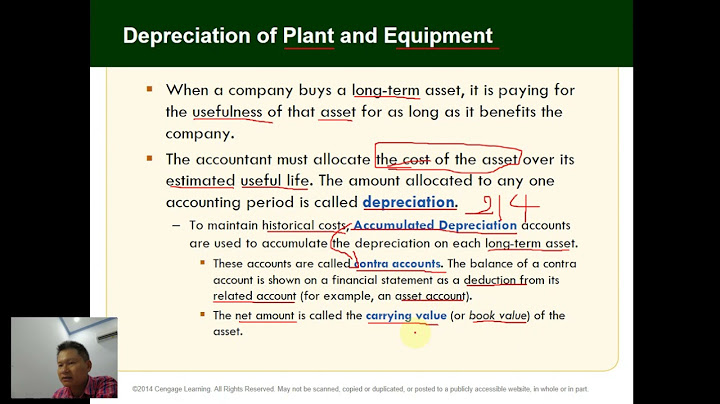{{ Show displayLoginPopup}}Cambridge Dictionary +Plus Tìm hiểu thêm với +PlusĐăng ký miễn phí và nhận quyền truy cập vào nội dung độc quyền: Miễn phí các danh sách từ và bài trắc nghiệm từ Cambridge Các công cụ để tạo các danh sách từ và bài trắc nghiệm của riêng bạn Các danh sách từ được chia sẻ bởi cộng đồng các người yêu thích từ điển của chúng tôi Đăng ký bây giờ hoặc Đăng nhập Cambridge Dictionary +Plus Tìm hiểu thêm với +PlusTạo các danh sách từ và câu trắc nghiệm miễn phí Đăng ký bây giờ hoặc Đăng nhập {{/displayLoginPopup}} {{ displayClassicSurvey}} {{/displayClassicSurvey}}
*Mục bắt buộc phải nhập Email* (Nên sử dụng địa chỉ GMAIL để tài khoản được tạo nhanh nhất) Mật khẩu* (Mật khẩu phải tối thiểu 6 ký tự) Mã bảo mật* Today, more than 20% of children are born to cohabiting couples. However, only about one third of those children will remain with both their parents throughout their childhood. That is partly because cohabiting couples who have children are even more likely to break up than childless couples, and partly because cohabiting couples who subsequently marry are more likely to divorce, and to divorce earlier. All this means that children born to cohabiting parents are more likely to experience a series of disruptions in their family life, which can have negative consequences for their emotional and educational development. Children living with cohabiting couples do less well at school and are more likely to suffer from emotional problems than children of married couples. Financially, children of cohabitants are less well off than children whose parents are married. Married fathers are more likely than cohabiting fathers to support their children. Even after the break-up of their parents' relationship, children of divorced parents are more likely than children of cohabiting couples who have split up to receive support from their fathers. Unmarried fathers, even those cohabiting with their children's mother, do not automatically fulfill the same parental duties as married or divorced fathers. If their parents break up, children born to cohabiting couples are less likely than children of divorced parents to maintain contact with their fathers. Cohabitants as 'step-parents' When married or cohabiting couples with children divorce, or break up, one parent sometimes remarries or moves in with a new person. One scholar estimated that, before their seventeenth birthday, more than one in twenty children would live in a formalized step-family where one parent (usually their mother) has remarried, and over one in fourteen children would live in an informal 'step-family' where their mother is living with someone who has neither a biological nor a legal tie to her child. Statistically speaking, these informal cohabiting step-families are the most unsafe environments for children. Children living in cohabiting step-families are at significantly higher risk of child abuse. Live-in and visiting boyfriends are much more likely than biological fathers or married step-fathers to inflict severe physical abuse, sexual abuse and child killing. Living in a step-family poses other risks to young people. In one study, young men living in step-families were 1.4 times more likely to be serious or persistent offenders. More than one in five young people living in step-families runs away from home. Private arrangement or public commitment? Free to choose? Some people describe cohabitation as a rebellion against traditional family forms, striking a blow for freedom and independence. While some people do make a conscious choice to avoid marriage, others simply 'drift into' cohabitation. Many other people live together because it seems the best choice available at the time, even though they see it as far from ideal. Sống chung không đăng ký kết hôn tiếng Anh là gì?- Unmarried (không kết hôn): Từ này thường được sử dụng trong các ngữ cảnh pháp lý hoặc hành chính để chỉ tình trạng không/hủy đăng ký kết hôn của một người, không cụ thể là người này đã ly hôn hay đang sống chung mà không kết hôn. Ví dụ: He remained unmarried all his life. Cohabiting Family là gì?Gia đình có con riêng. Trial Marriage là gì?Hôn nhân phiên bản “dùng thử” (trial marriage) Theo nhà nhân loại học Elsie Parsons, hôn nhân “dùng thử” xảy ra khi cặp đôi sống với nhau trước khi kết hôn nhằm đánh giá độ phù hợp của cả hai. Sống thử là như thế nào?Về cơ bản chúng ta có thể hiểu "Sống thử trước hôn nhân" chính là "Chung sống như vợ chồng", ý chỉ những cặp đôi sống chung như vợ chồng nhưng không có đăng ký kết hôn. Sau một thời gian, nếu thấy phù hợp thì họ tiến tới hôn nhân chính thức, sẽ đăng ký kết hôn theo pháp luật. |




















